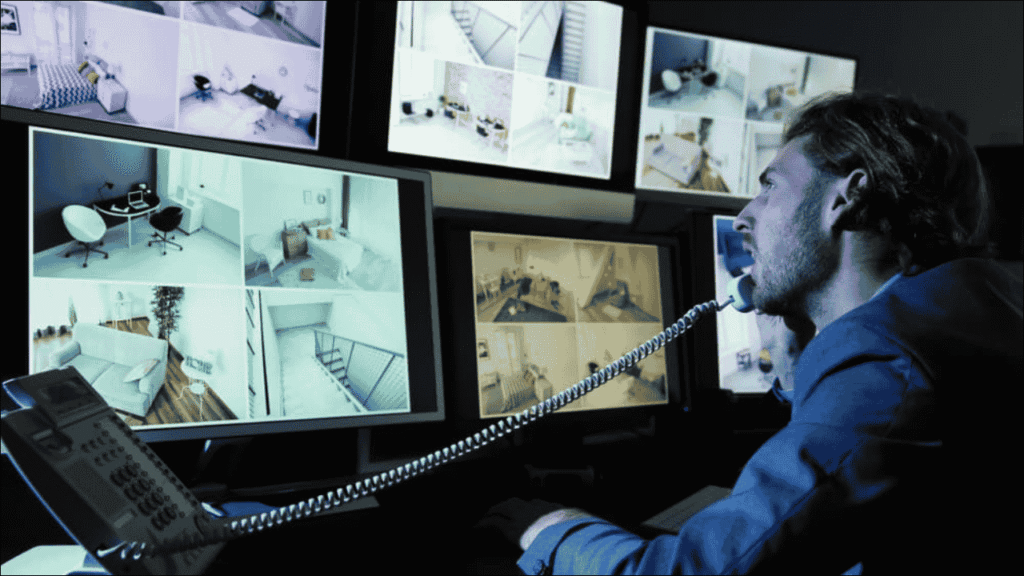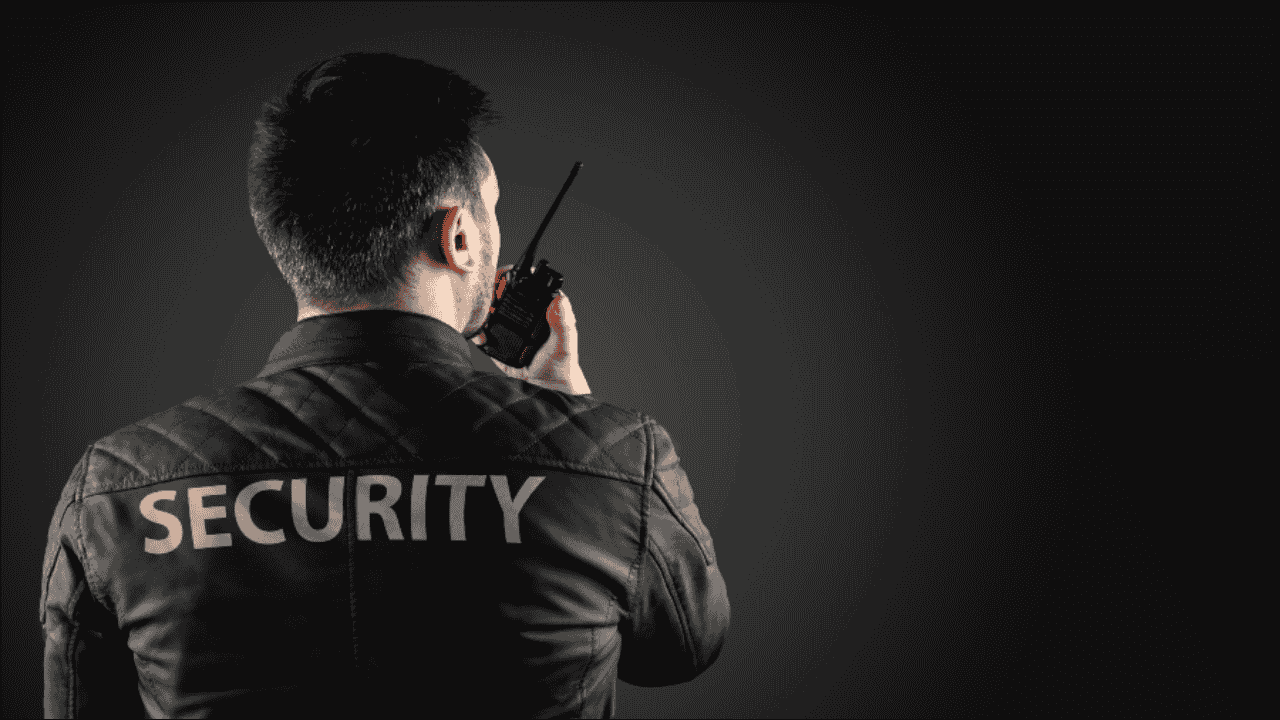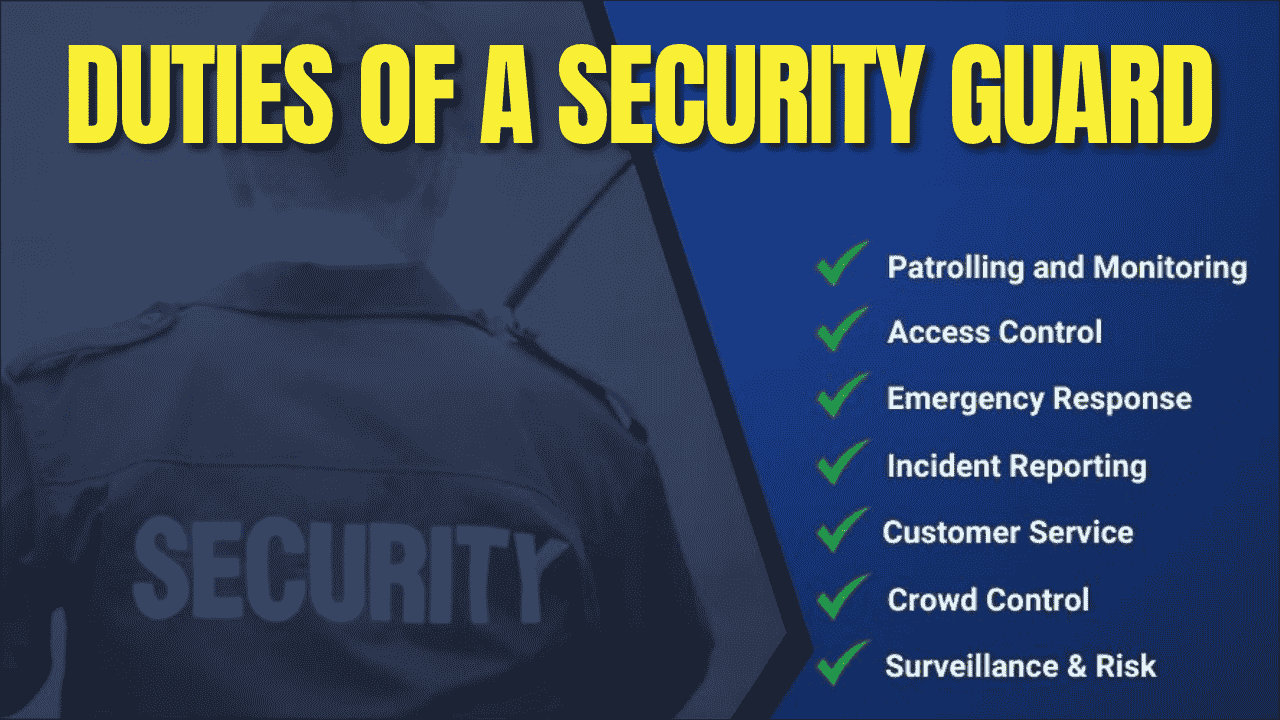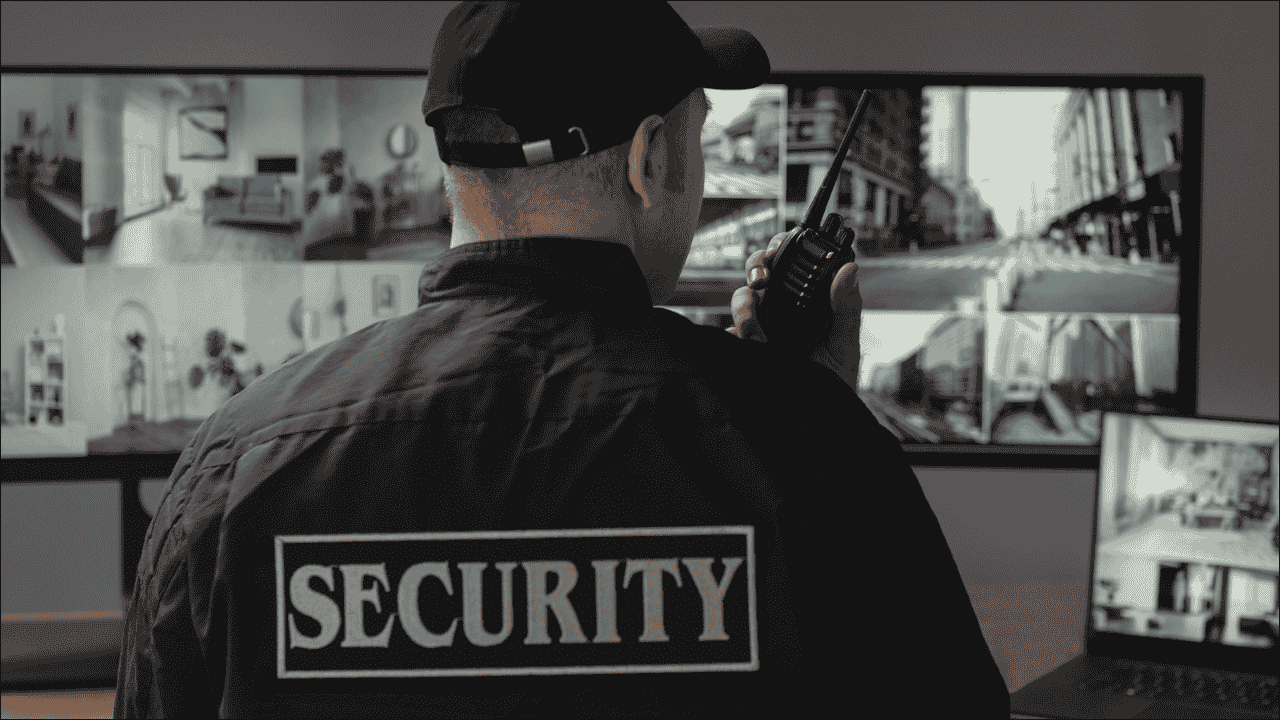
Security plays a key role in protecting people, property, and assets. Choosing between residential and commercial security depends on the type of property, the level of risk, and the specific needs of the environment. Each option comes with its features, benefits, and limitations. A comparison between the two helps in deciding which system suits your situation better. The content below highlights the main differences, pros, and cons of both systems, using clear points and well-organized tables.
Table of Contents
Definition and Purpose
- Residential Security
- Protects homes, families, and personal property.
- Covers single houses, apartments, and gated communities.
- Commercial Security
- Protects businesses, employees, customers, and valuable assets.
- Includes offices, warehouses, factories, and retail shops.
Key Differences Between Residential and Commercial Security
| Aspect | Residential Security | Commercial Security |
|---|---|---|
| Purpose | Protects individuals and homes | Secures business operations and large assets |
| Scale | Smaller setup | Larger and more complex setup |
| Users | Homeowners, tenants | Business owners, managers, and security staff |
| Monitoring | Often self-monitored or third-party optional | Usually professionally monitored 24/7 |
| Technology | Basic systems: alarms, cameras, door sensors | Advanced tech: biometric access, motion detectors, servers |
| Response Time | Depends on third-party or local alerts | Often faster with on-site or hired security teams |
| Installation Cost | Generally low to moderate | High due to a larger area and advanced systems |
| Maintenance | Simple, user-friendly | Requires professional support |
Features of Residential Security Systems
- Alarm Systems
- Alerts residents and nearby people during break-ins or threats.
- Security Cameras
- Record footage around entry points and outdoor spaces.
- Motion Sensors
- Detects movement in restricted areas.
- Smart Locks
- Allows remote locking/unlocking through mobile apps.
- Video Doorbells
- Let users see and speak with visitors remotely.
- Mobile Integration
- Controls and monitors security devices via smartphone.
- Smoke and Gas Detectors
- Sends alerts in case of fire or gas leaks.
Features of Commercial Security Systems
- Access Control Systems
- Uses cards, PINs, or biometrics to restrict entry.
- Surveillance Networks
- Covers large areas with high-resolution cameras.
- Intrusion Detection Systems
- Alerts security teams when unauthorized entry occurs.
- Security Guards and Patrols
- Offers human presence for real-time intervention.
- Panic Buttons
- Sends instant alerts to emergency services.
- Fire and Safety Systems
- Includes sprinklers, alarms, and smoke detectors.
- Asset Protection
- Monitors inventory, equipment, and confidential data.
Advantages of Residential Security
- Peace of Mind
- Provides a sense of safety for families.
- Affordability
- Costs are lower compared to business systems.
- Easy Installation
- User-friendly devices with DIY options.
- Custom Alerts
- Sends notifications to phones during events.
- Deters Crime
- Reduces the chances of theft and trespassing.
Advantages of Commercial Security
- Complete Coverage
- Monitors large buildings, multiple entry points, and parking lots.
- Employee Safety
- Keeps workers safe during emergencies or attacks.
- Legal Compliance
- Meets safety standards and insurance requirements.
- Loss Prevention
- Prevents theft, fraud, and unauthorized access.
- 24/7 Monitoring
- Constant surveillance by trained personnel or systems.
- High-Tech Tools
- Uses AI, facial recognition, and advanced analytics.
Disadvantages of Residential Security
- Limited Range
- Covers only small areas like homes and driveways.
- False Alarms
- Pets or wind can trigger unnecessary alerts.
- Vulnerable to Hacking
- Smart systems may be accessed if not properly secured.
- Cost Increases with Add-Ons
- Adding cameras or devices increases expenses.
Disadvantages of Commercial Security
- High Cost
- Installation and monitoring are expensive.
- Complex Operation
- Requires technical knowledge and trained staff.
- Frequent Maintenance
- Needs regular updates and checks.
- Employee Privacy Concerns
- Over-surveillance may affect staff comfort.
Comparison of Pros and Cons
| System Type | Pros | Cons |
|---|---|---|
| Residential Security | Affordable, easy to use, and protects families | Limited coverage, false alarms, hackable if not secure |
| Commercial Security | Wide coverage, employee safety, and advanced tools | Expensive, requires expertise, may raise privacy issues |
When to Choose Residential Security
- For homes, apartments, or small properties.
- If the focus is on family safety and basic protection.
- When the budget is limited, but security is still important.
When to Choose Commercial Security
- For offices, stores, factories, or institutions.
- If handling valuable assets or confidential data.
- When employee safety and full monitoring are required.
Security System Types and Suitability
| Security System | Best for Residential | Best for Commercial |
|---|---|---|
| Alarm System | ✓ | ✓ |
| CCTV Surveillance | ✓ | ✓ |
| Biometric Access Control | ✗ | ✓ |
| Smart Locks | ✓ | ✓ |
| Security Guards | ✗ | ✓ |
| Panic Buttons | ✗ | ✓ |
| Smoke/Gas Detectors | ✓ | ✓ |
Emerging Trends in Security Systems
- Artificial Intelligence
- Analyzes video footage in real-time for unusual behavior.
- Cloud Storage
- Stores camera footage and records securely online.
- Mobile Alerts
- Notifies users of incidents instantly on their phones.
- Integration with IoT
- Connects all devices for centralized control.
- Remote Access
- Allows users to manage systems from anywhere.
Important Factors Before Choosing a System
- Property Size
- Larger properties may need commercial-grade solutions.
- Budget
- Determines whether basic or advanced systems are suitable.
- Crime Rate in the Area
- High-crime zones may need stronger security.
- Number of Users
- More users require better access control.
- Value of Assets
- Expensive or sensitive items need better protection.
In Summary
Choosing the right security system depends on the environment and purpose. Residential security is ideal for families and individuals looking for simple protection. Commercial security suits businesses with higher risks and complex needs. A proper analysis of goals, budget, and property size helps in making the right decision. Investing in the right security system ensures peace of mind, safety, and long-term protection.





